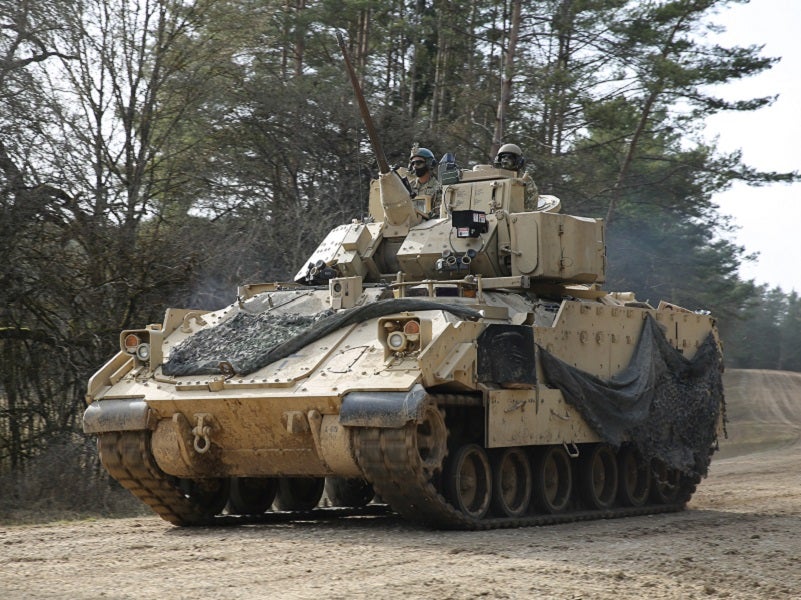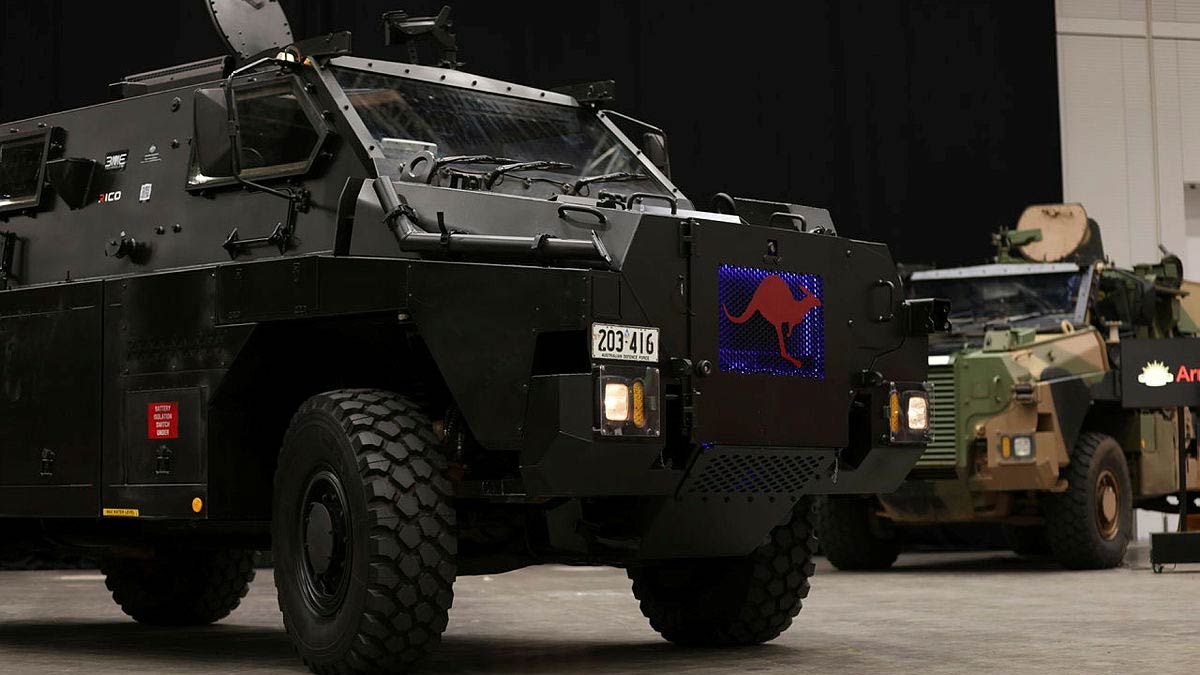Recently watched a youtube that claimed to test the 3 top selling twincab 4 x 4s in usa while towing a caravan.I agree.
However.
I'm currently in Bali. Do you think they will all be driving electric scooters and cars before 2050? Bali is a small part of Indonesia, Jakarta has the population of Australia in a city the size of Melbourne.
Australia going green is only going to hurt Australians with no real benefit to fighting climate change, that is going to continue to chance no matter how hard Greta Thunberg yells. Do you think the rest of the world looks to Australia and thinks "well the Aussies are doing, we should to?"
I think Australia needs to be very realistic about how we go about our electric future. Very very careful.
None exceded 200 miles before needing a recharge which would take at least an hour.
How would work in the Australian context.
No way that would work for military vehicles at least in the near future.



